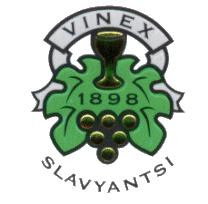There is a new website out this year called www.questbg.com. It comes from the owners of the publication 'Quest Bulgaria Property Magazine' which enjoys good circulation.
The reason this is here is that there is a good article on Rakia within the site and well worth a visit to get another overall picture of what Rakia is.
The British couple that have set up this site have a well-grounded publishing background so as expected the site is professionally presented and with polished articles throughout. By all accounts it has taken off with a storm with many interesting archives about Bulgaria, Bulgarian life and culture including lots of advice on property in Bulgaria.
To get to the Rakia Page simple click on this link the-rakia-story.
The reason this is here is that there is a good article on Rakia within the site and well worth a visit to get another overall picture of what Rakia is.
The British couple that have set up this site have a well-grounded publishing background so as expected the site is professionally presented and with polished articles throughout. By all accounts it has taken off with a storm with many interesting archives about Bulgaria, Bulgarian life and culture including lots of advice on property in Bulgaria.
To get to the Rakia Page simple click on this link the-rakia-story.

http://bulgarianslivatree.com
http://365bulgarianadvetures.com
http://bulgariantruelove.diydating.com
http://doshforu.com












